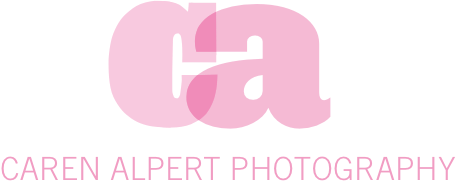A recent article has come out that has made me ponder property rights of art collectors. The Aberconway family owns a Picasso painting titled "Child with a Dove" but has loaned it to British public gallery since 1974. Recently, this aristocratic family has instructed Christie's auction house to find a private buyer for the painting, valued at £50 million.
Culture Minister Ed Vaizey has decided that this painting is too important to the national heritage of Britain, and has blocked the export of the painting until December 16th. Further, if a serious buyer is found, he has blocked the export until June 16, 2013. Minister Vaizey believes this will allow the Brit's time to raise money to purchase the painting.
However, the government of Britain can buy works at institutions for significantly less than the going rate. Manet's "Portrait of Mademoiselle Claus" was recently bought for £7.8 million, compared with the original sale price of £28.35 million, through this means.
I can't help but wonder about the significance of incidences like this on a number of fronts: Why would collectors continue loaning out valuable pieces of their artwork to museums if they run the possible risk of possession and monetary loss? Who owns legal rights to these pieces if the government ministers can block sales and export? Are these laws obscure and in only some countries, or is this something that could become more widespread?
What do you think? Sound off in the comment section below!

